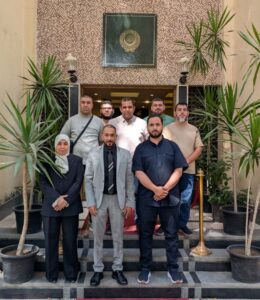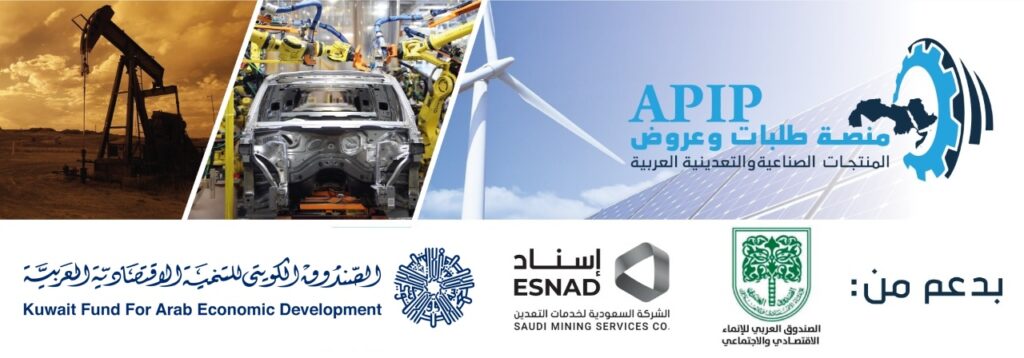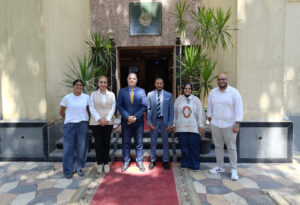In the era of digital transformation, Enterprise Resource Planning (ERP) systems have become the cornerstone of organizations’ success and operational efficiency. This training course offers a unique opportunity to familiarize yourself with the concept of ERP systems and their basic components, explore their advantages and the challenges of implementing them in practical environments, and demonstrate practical examples using ONX ERP software.










